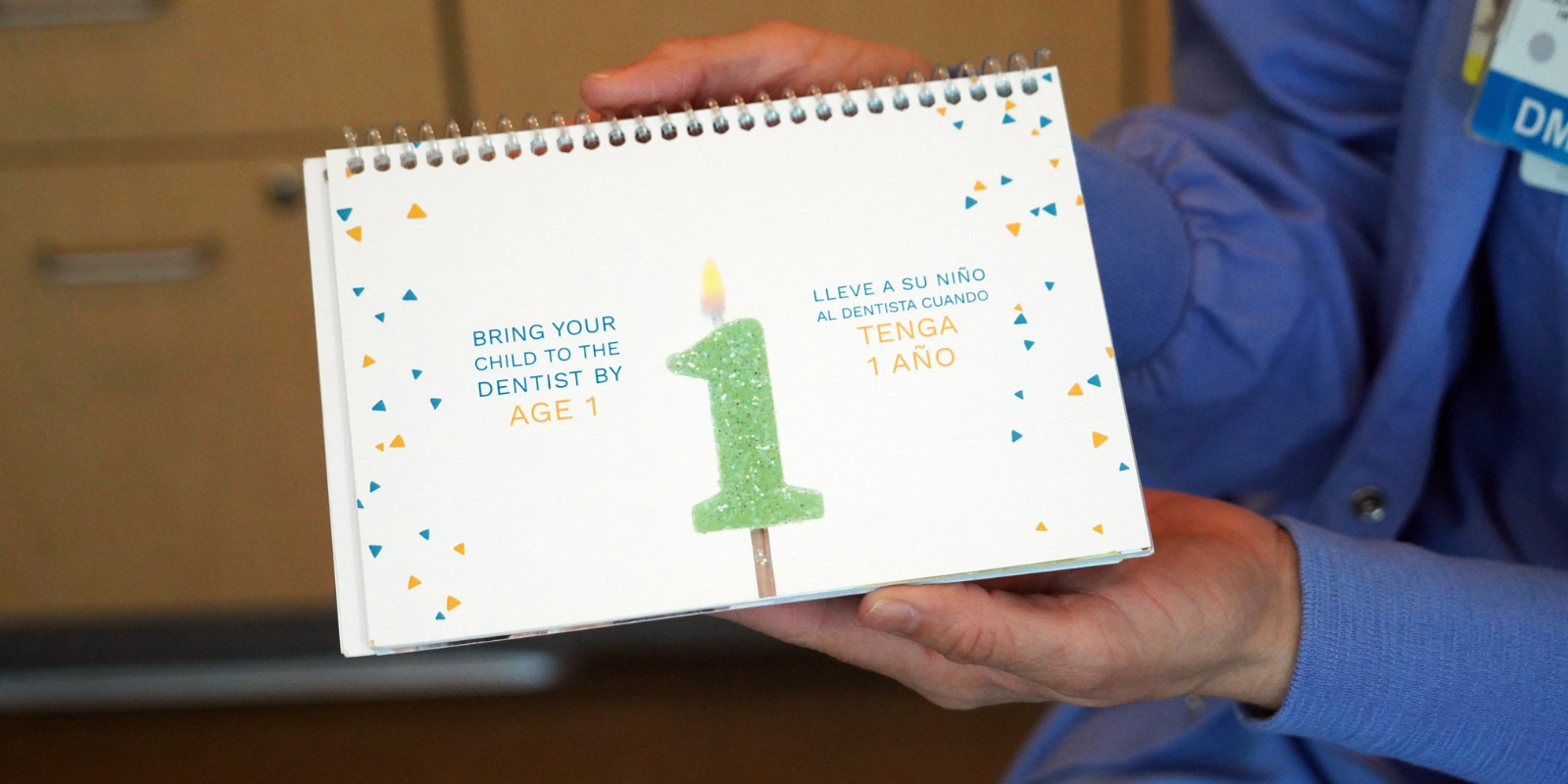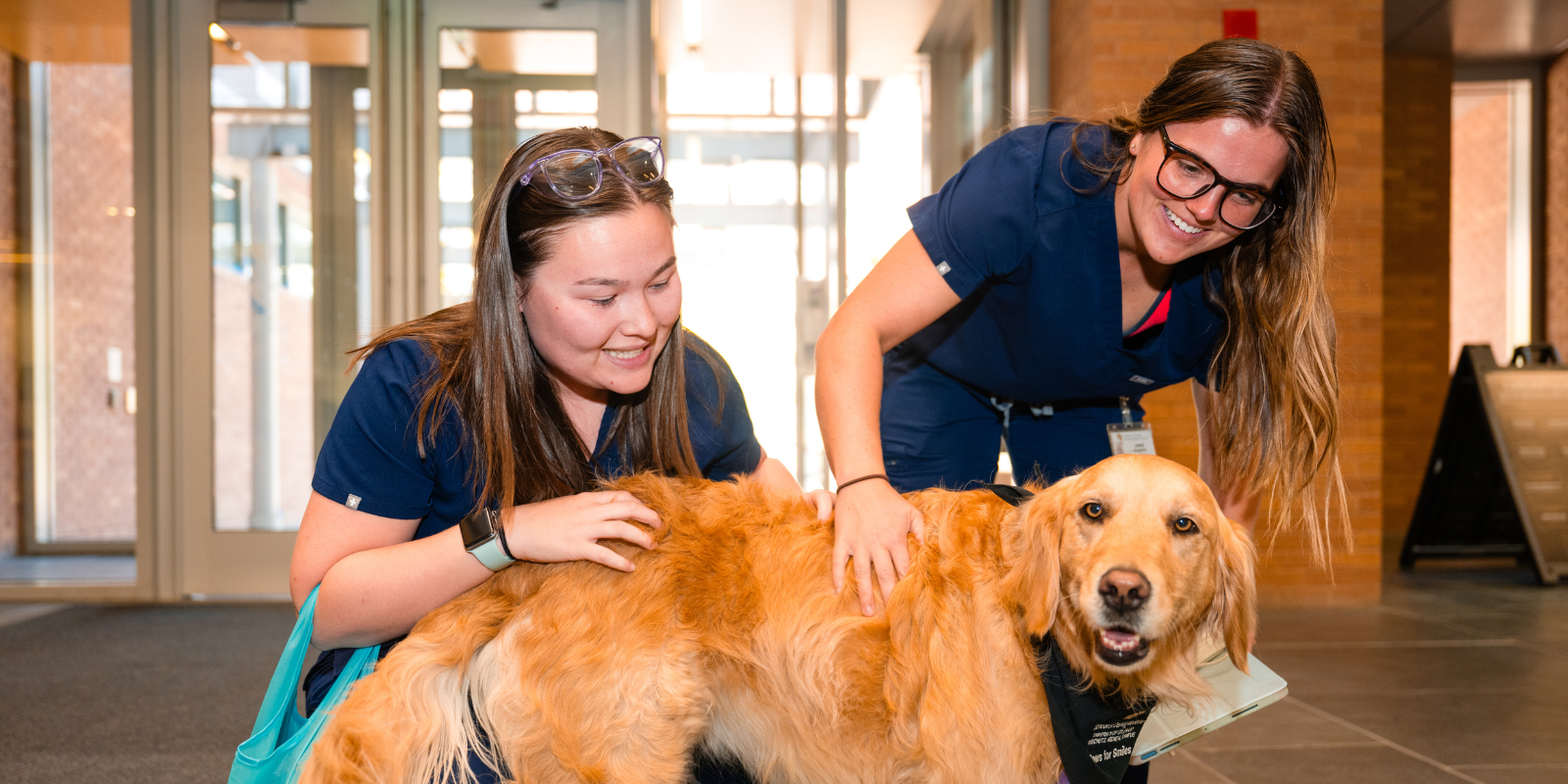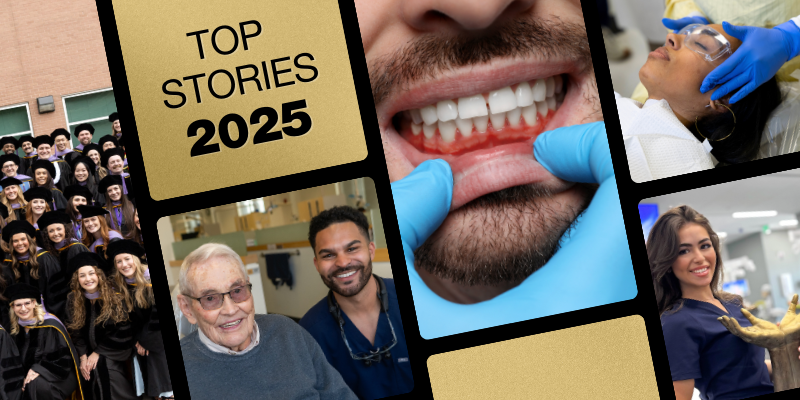Ama Boateng (DDS ’19) was eating breakfast in a hotel lobby in Aurora when she struck up a conversation with a woman named Gina.
“I was drawn to her. She’s a really nice person,” says Boateng, referring to Jinghua Zhang (DDS ’19) who goes by “Gina.”
Their cultures, customs and traditions differ greatly—one from China, the other from Ghana on the West Coast of Africa, the women soon discovered they had a lot in common: both were mothers; both were dentists in their native country; and both were applying to the University of Colorado School of Dental Medicine to further their studies.
That brief encounter in June 2017 was the beginning of a close friendship especially after they found out they both were accepted into CU Dental’s Advanced Standing International Student Program (ISP). The two-year program requires students hold a dental degree from an accredited international dental program, pass Part I of the National Dental Board exam and be proficient enough in English to score at least a 94 on the Test of English as a Foreign Language (TOEFL). Program administrators accept 40 students each year from a pool of approximately 600 applicants.
“It’s an extremely rigorous program,” says Beth Towne, DDS, associate professor and ISP director. “We compress three years of curriculum into two years. There are 26 credit hours in the first semester alone.”
“Most of the students are married, most have children; and many live apart from their families,” she says. “Besides the rigorous curriculum, there are cultural adaptations for all the students and their families.”
Towne says it’s important that ISP students like Boateng and Zhang find a sense of community, which is something that the women’s friendship appears to have become.
“Gina’s been a great support for me. She used to bring me rice cakes when I was pregnant which I enjoyed,” says Boateng, who gave birth to her fourth child during the program. “I would make slightly spicy jollof rice for her.”
“She has four children and her oldest daughter is the same age as my daughter,” Zhang says. “We go to ballet; we go to soccer together. We became very good friends.”
Zhang was a dentist in China when she became a visiting scholar at Ohio State University in 2013. She ended up quitting her job and staying in the United States after becoming pregnant. Because her Chinese education didn’t allow her to practice dentistry, she worked for a time as a dental assistant and as a medical assistant. Her desire to return to fulltime dentistry prompted her to apply to CU Dental.
“I graduated 20 years ago, so a lot has happened in dentistry,” Zhang says. “Because of my age, I cherish this opportunity. I have my family and a lot of distractions, but I value education more. I can perfect my work. Some of my techniques are better than in China.”
Boateng and Zhang are set to graduate in December with classmates from Egypt, India, Iran, Iraq, Jordan, Pakistan and South Korea. Since dental education varies, students come into the program with a variety of different skill sets.
“Things are more advanced here: the materials, the equipment,” Boateng says. “When I practiced in Ghana, implants weren’t a big thing—just a few people were doing them. But here I got a chance to restore implant crowns, which was really good for me.”
As part of the curriculum, ISP students rotate through the CU Dental clinics. That experience allowed Boateng to observe a few distinctions with her American patients.
“In Ghana, a lot of patients don’t want to tell you they’re in pain. It’s a cultural thing especially, the men, you’re not supposed to show pain. But here—people will let you know. I don’t think I’ll ever get to go to one place and meet so many people from so many different places.”
For now, both Zhang and Boateng are looking for positions. Regardless of where they’ll end up, both women share the same sentiment.
“I just really hope we stay in touch,” Boateng says.



